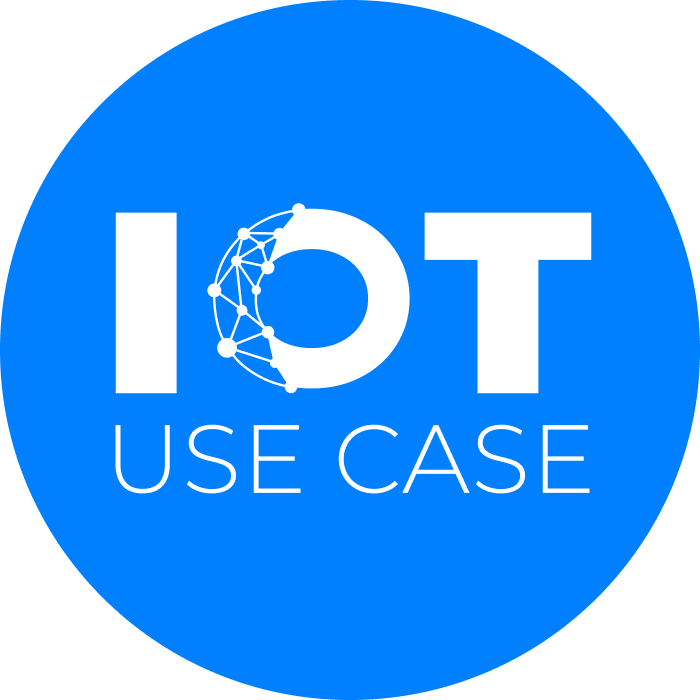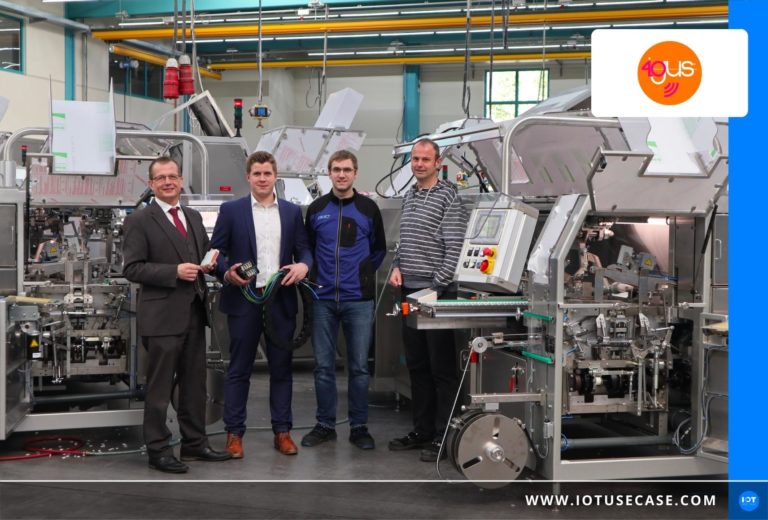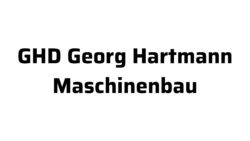The challenge: High throughput of a packaging machine causes cost-intensive failures
Sliced and packaged toast is an everyday product for many households. The technology behind it, however, is quite complex. The bread must be sliced gently and securely packaged and sealed. GHD Georg Hartmann Maschinenbau is one of the world’s leading manufacturers of equipment for slicing and packaging food.
Both precision and speed are important factors in this process. For example, the most advanced machines, such as the GBK 440, pack up to 80 toasts per minute, in other words, one in less than a second. It therefore operates with a high stroke rate in a comparatively small installation space. Especially the energy chains with the cables of the energy supply as well as control and measuring cables are heavily loaded by the fast movements. All cables must therefore be optimized for a very small bending radius of only 63 millimeters.
This places high demands on the quality of the cables used. But, unfortunately, wire breaks can not be completely avoided. They lead to high downtime cost as the high throughput quickly adds up to large production backlogs. For this reason, GHD wanted a warning system that would detect failures and prevent them in advance. It commissioned igus GmbH, a manufacturer of lubrication-free high-performance plastics and fail-safe cable carriers, to implement the system.
The solution: smart plastics - intelligent lines that report their status
For energy chains, cables and plain bearings, igus has developed a product family with sensors that make the plastic components intelligent. The umbrella term for this is smart plastics. The principle is simple to understand: Intelligent sensors record the status of the components involved and report this to the i.Cee module, which forwards the data – for example, to the cloud. With the CF.Q module, igus implements cable monitoring to prevent cable breaks – for example in the bread packaging machine from GHD Hartmann.
The principle of the monitoring system: It assumes that two wires from one production batch behave in the same way under load and are therefore at risk of wire breaks at the same time. So the necessary measuring line is supplemented with a second, identical line. The system continuously monitors the two additional wires. From measurements of the shear and tensile forces as well as the electrical properties, the device detects an incipient core break at a very early stage.
For this purpose, igus has collected a large number of data from load tests as well as historical data from different application scenarios. They serve as a comparative value for the forecast. The software can therefore accurately predict how many work cycles a chain can handle without failure. Based on the process data obtained at the same time, a prediction for the remaining number of operating days of the chain is possible, so that companies can precisely plan maintenance and replacement.
The result: Early detection of wire breaks and extended maintenance intervals
The CF.Q system from igus is an integral part of the GBK 440 automatic packaging machine. It enables a significant extension of the intervals between two maintenance operations. All data is evaluated in the customer control system and output via messages on the Human Machine Interface (HMI).
With this concept, it is possible to operate the cables used well beyond the end of the warranty. This saves the using company several thousand euros in maintenance costs per year. Thanks to i.Sense CF.Q’s advanced technology, wire breaks are detected before they occur. As a result, the system saves the user high downtime costs.





